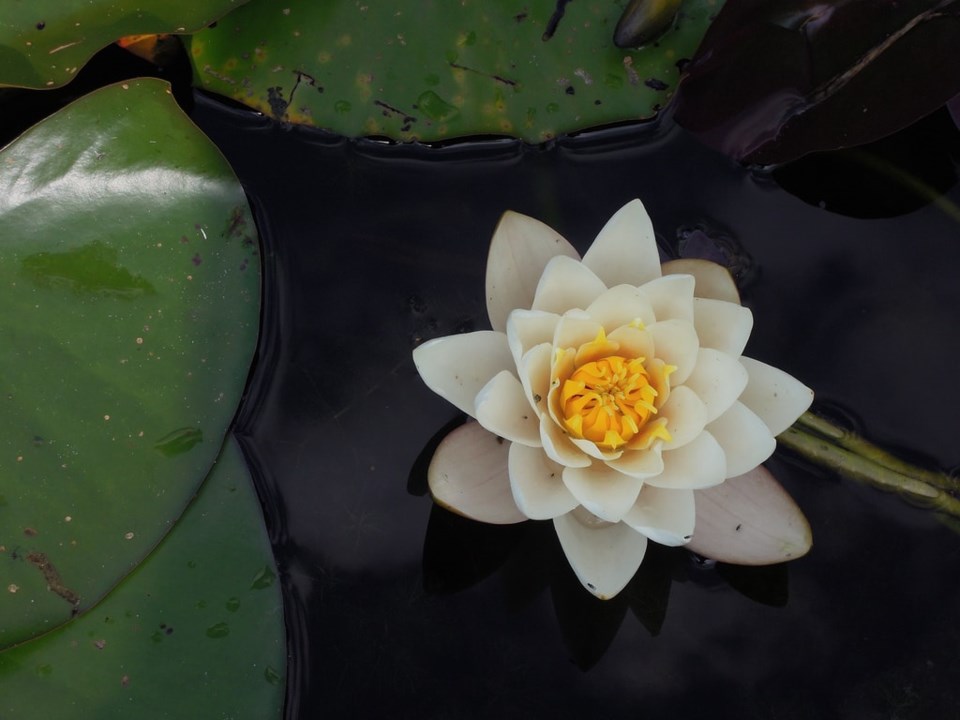Lao Tzu has a teaching: “Simplicity, patience, compassion—these are your greatest treasures. Simple in actions and thought, patient with both friends and enemies, compassionate towards yourself.” There is simplicity in contemporary environmental movements that eschew consumerism in favour of reducing, reusing, and recycling goods. One can see simplicity in spiritual traditions where people choose to worship in silence without clergy, liturgy or ritual as Quakers in Canada do. At the core of simplicity is a willingness to focus on a chosen priority while letting go of superfluities that distract one from those priorities.
Simplicity is less about saying no to the individual yearning for more material things and no to societal striving for economic growth. It is much more about saying yes to one’s priorities. Yes to more freedom for all; yes to more care and creativity; yes to living simply “so others may simply live,” as the proverb says.
Practising this simplicity requires time. Time to wait, to listen and to learn. Time for conversations about the implications of a decision. Seeking to understand the impact of one individual choice takes time and is difficult. Every purchase or bit of food can be seen as a choice about what is valuable. When the new venetian blinds or summer clothes are purchased, who benefits and who pays? Where do the old goods go?
It is more daunting for groups to identify the resources, processes and questions that are required to prepare for the intended and unintended outcomes of policies that affect many people. For example, if governments and industries build more pipelines or nuclear reactors, who chooses which citizens forfeit social programs to purchase these physical energy infrastructures? It is even harder to discern how society will take up the responsibility to future generations for choices made today. How will 91原创s dispose of batteries and radioactive wastes that remain toxic to humans and the earth for decades?
When people try to make decisions so that others can be free to simply live—and not be trapped by the involuntary simplicity of poverty, prison or slavery—it takes time and great care. In the 18th century, John Woolman, an American Quaker, campaigned slowly for the abolition of slavery—one conversation at a time, beginning with those Quakers who themselves owned slaves. To support his family and have time for these many anti-slavery conversations, Woolman decided to reduce his complex responsibilities for the management of a thriving business with employees to become a simple self-employed tailor. When visiting slave owners, Woolman personally paid slaves for labours that fed and housed him. He spoke of “that of god” in all people, affirming that black persons have the same rights as white persons to freedom—in heaven, and on earth. Buying and owning slaves, moreover, radically threatened the commitment of Quakers to equality, peace and simplicity by violently destroying the capacity of these slaves to simply live freely with their families and communities.
In practising simplicity, we protest the unfairness of “ten that toil while one reposes” while singing out for both “bread and roses.” In choosing to live simply, we affirm the freedom of others to choose for themselves what is important for life. This includes our commitment to provide resources for free choices to be exercised by all. Then when the fears, sorrows and unexpected joys of the human condition come, we will have the freedom to give compassion and companionship to each other. Finding out how to simplify our lives in order to give that time and love to others—and to ourselves—becomes another part of our spiritual quest.
Marjory Reitsma-Street is a member of the 91原创 Island Religious Society of Friends () With appreciation to friend Arlene Wells for her editing help
You can read more articles on our interfaith blog, Spiritually Speaking, at /blogs/spiritually-speaking
* This article was published in the print edition of the Times 91原创 on Saturday, May 6th 2023



